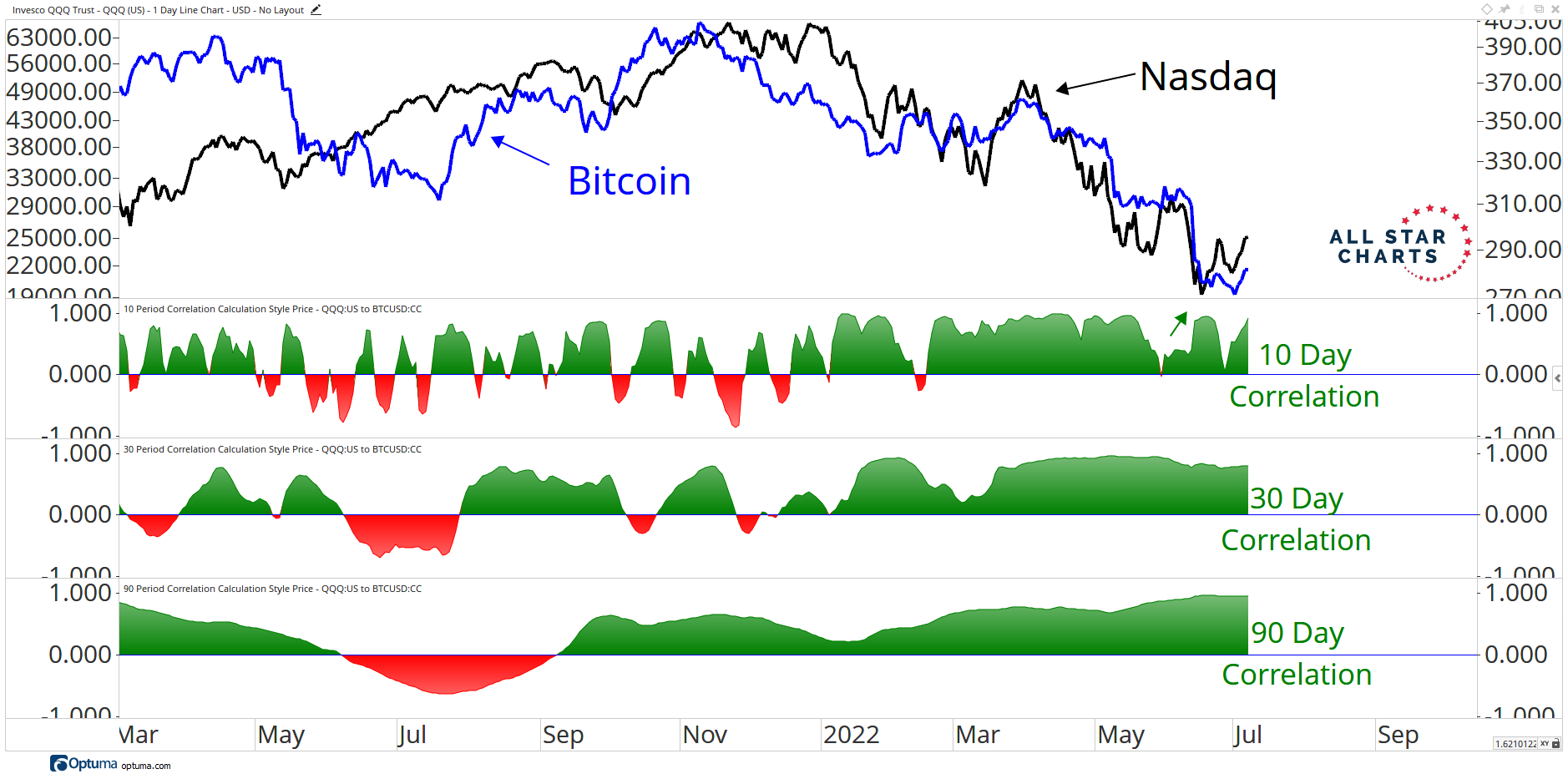Bill Ackman, the head of prominent hedge fund Pershing Square Capital Management, has sparked fresh discussion in the cryptocurrency world by proposing a scenario where Bitcoin prices could experience a dramatic rise. Ackman's hypothesis centers on a potential feedback loop involving energy consumption, inflation, and investor demand for Bitcoin.
The core idea revolves around an initial rise in the price of Bitcoin. This, according to Ackman, would incentivize increased mining activity, the process by which new Bitcoins are created and transactions are verified on the blockchain network. As more miners compete to solve the complex mathematical problems needed to mine Bitcoin, the energy consumption required for mining would surge. This heightened energy demand could, in turn, push up overall energy costs.
Ackman suggests that rising energy costs would contribute to inflationary pressures. Inflation, by eroding the purchasing power of traditional currencies like the US dollar, could make Bitcoin a more attractive hedge. Investors seeking protection against inflation might be drawn to Bitcoin's limited supply and its potential to store value. This increased demand for Bitcoin, driven by inflationary concerns, would then fuel the initial price rise, potentially setting the stage for a continuous cycle.
However, Ackman acknowledges the inherent risk of this scenario being self-defeating. A significant price drop in Bitcoin could lead to a decrease in mining activity, causing the entire cycle to reverse. This potential for volatility underscores the speculative nature of Ackman's proposition.
The hedge fund CEO's musings have drawn considerable attention within the Bitcoin community. Michael Saylor, the founder and Executive Chairman of MicroStrategy, a company known for its significant Bitcoin holdings, expressed interest in a direct conversation with Ackman to delve deeper into his ideas.
While some see Ackman's scenario as a plausible explanation for future Bitcoin price movements, others remain skeptical. Critics point to Bitcoin's already high energy consumption as a cause for environmental concern and potential regulatory intervention. Additionally, the historical volatility of Bitcoin prices casts doubt on its reliability as a perfect inflation hedge.
Regardless of the outcome, Ackman's proposal has undeniably reignited the debate about the long-term trajectory of Bitcoin. As the cryptocurrency market continues to evolve, the interplay between energy use, inflation, and investor behavior will likely remain a central theme in discussions about Bitcoin's future.

